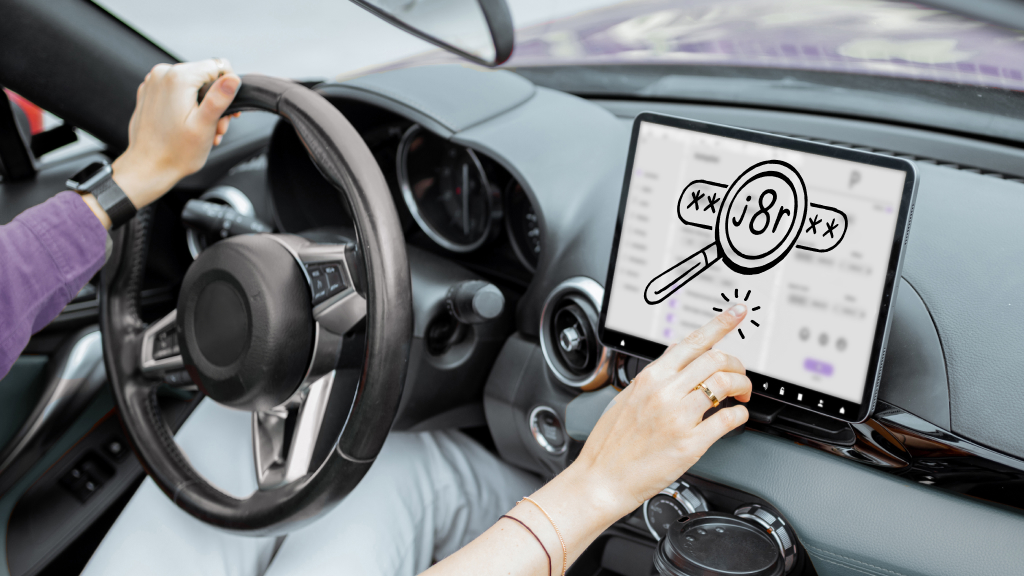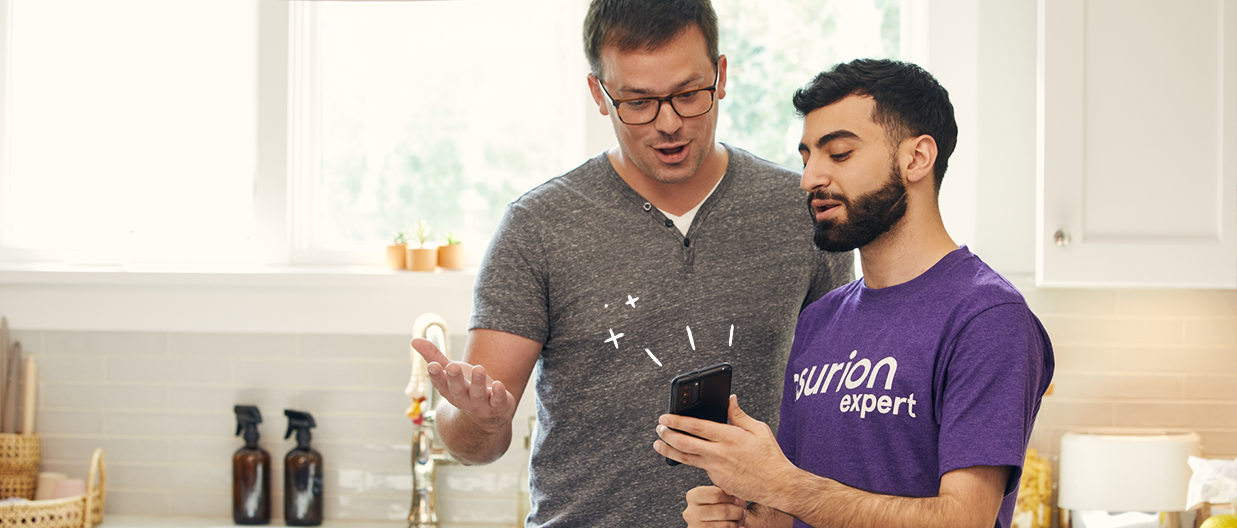From playing your favorite music on Spotify® to adjusting driving directions based on real-time traffic updates, an internet-connected car is an efficient and convenient way to take a road trip or just cruise around town. But car Wi-Fi also generates tons of data—about your driving habits, your location, your speed, even whether you’re wearing your seatbelt. And that personal information is vulnerable to hackers and others who want to violate your privacy for profit.
Earlier this year, a group of white hat hackers—people who use their hacking skills for good, like identifying security vulnerabilities—gained access to customer and employee information at seven automakers, including BMW®, Ford®, and Mercedes-Benz®. In late 2022, the same group discovered vulnerabilities in SiriusXM® that could have led hackers to remotely find, unlock, start, honk the horn of, and flash the lights on certain car brands, such as Honda®, Hyundai®, Nissan®, and Toyota®.
With technology changing fast—Statista®, a market and consumer data firm—estimates there will be over 400 million connected cars by 2025, up from 237 million in 2021. The chances that someone will hack your car are low, but any device that's connected to the internet can be breached. So it’s a good idea to know how you can protect your Wi-Fi car data.
At Asurion, we care about you and your tech—and that includes your personal data. Whether you want to learn about how to get Wi-Fi in your car or how to solve common issues with Apple Carplay, we can help. Here’s what you need to know about data privacy in your connected car.
What is a connected car?
A connected car is a vehicle with internet access. It’s loaded with sensors that track how your car works, what apps you use, and other internet-related features. Once it’s set up via a mobile network, a connected car can share internet access with other devices both inside and outside your vehicle, like laptops, smartphones, emergency centers, and even other connected cars.
What data is in connected cars?
Connected vehicles gather all sorts of data about you and your driving habits, including:
- Speed.
- GPS location.
- Vehicle identification numbers (VINs).
- Trip destination.
- Roadway markings.
- Tire pressure.
- Engine status.
- Acceleration and deceleration.
- Braking.
- Seat belt use.
- Whether the driver’s hands are on the wheel.
- Personal preferences.
Some of this data can get you car insurance discounts at insurance companies such as USAA®, Geico®, Liberty Mutual®, and Farmers®. Just make sure you read the terms and conditions to understand how each one will use your information.

Don’t ditch it, fix it
No matter the issue, our experts can repair your devices fast. Make an appointment or visit your local uBreakiFix® by Asurion today.
How are connected cars vulnerable?
Like social media networks and smartphone apps, connected cars collect personal information about drivers, which manufacturers can use to develop cool new features (a win for you) and customize your driving experience (another win).
But they can also sell that connected car data to marketers, who might use it to target you with products based on their knowledge that you take long drives every week.
Plus, all internet-connected devices are vulnerable to hacks. It’s up to you to decide how many devices to use and how to use them. If you don’t like the idea of a connected car knowing your location, driving habits, and more, don’t drive one, or at least turn off those features.
How to protect your connected vehicle from a cyberattack
Just as you should follow expert tips to stay safe online, there are some smart ways to protect yourself against car hacks. At the most basic level, you should regularly update the software in your connected car to make sure you have the latest critical security fixes.
Securing your car Wi-Fi with a strong password can also lessen the chance someone will crack your network. If you’re not sure how to do so, our guide to securing your home Wi-Fi network applies to your vehicle too.
Stay anonymous with a VPN
A virtual private network (VPN) adds an extra layer of security to your Wi-Fi connection, including the one in your car. A VPN creates an encrypted, secure connection between your device—in this case, the Wi-Fi in your car—and a remote server, protecting your identity, location, online activities, and other information from hackers and data thieves.
To learn more, check out our guide to VPNs.
Remove dongles
A dongle is a small device that can create a car Wi-Fi hotspot. If plugged into the diagnostic port, it can also monitor your car’s performance and location. While dongles can help make sure your car works at its best, they’re also an easy entry point for hackers. So disconnect your car dongle when you’re not driving.
Turn off in-car wireless services
Connected vehicles come with wireless systems that let you use features like Bluetooth®, in-car Wi-Fi, and satellite radio. Yet these wireless systems are vulnerable to hackers. To limit the potential for a hack, turn off any features you won’t use.
Be wary of installing any unauthorized apps and software
Most connected car manufacturers have dedicated apps that let you remotely control your car by starting and stopping the engine, boosting the heat, and locking or unlocking the doors.
There are also third-party apps that do the same thing—or even offer features not yet available from your car manufacturer. But a 2022 study analyzing 69 popular third-party connected car mobile apps found that 58% used the car owners’ credentials without their consent. And 20% of the apps had no contact information, making it impossible to report a problem.
Before downloading any app, read user reviews to understand how it deals with security measures and data privacy concerns, and stick to official software from reputable developers and manufacturers.
Do your research
If you’re looking to buy a connected car, choose a model from a manufacturer with a strong record of data privacy. Ask for the manufacturer’s privacy policy, which will tell you who has access to your personal information and how it may be used. And once you buy it, turn off any settings you don’t like, just as you would for payment apps like PayPal®, Venmo®, and Apple Pay®, background apps on your smartphone, and default privacy settings for products and services from Apple®, Google®, Amazon™, Venmo®, and Meta™.
Only connect to Wi-Fi when you need to
If you’re driving somewhere for the first time, use your connected car’s smart system. But if you’re running local errands, consider turning off the navigation and skip connecting to the Wi-Fi for your car. Reducing your reliance on your connected car will limit how much data it collects about you.
Still have questions? Talk to an expert
Having issues with your connected car? Here at Asurion, we can help connect you to the right people. Learn more today.

